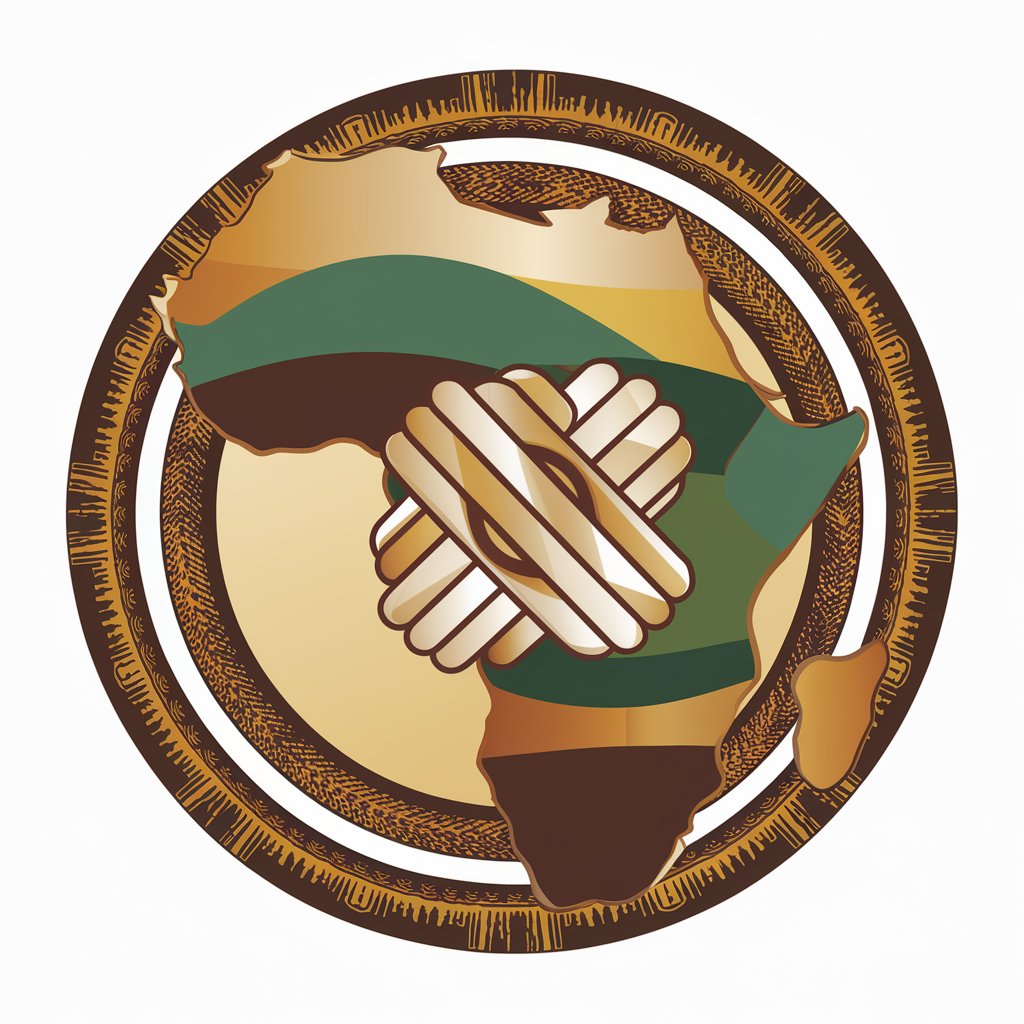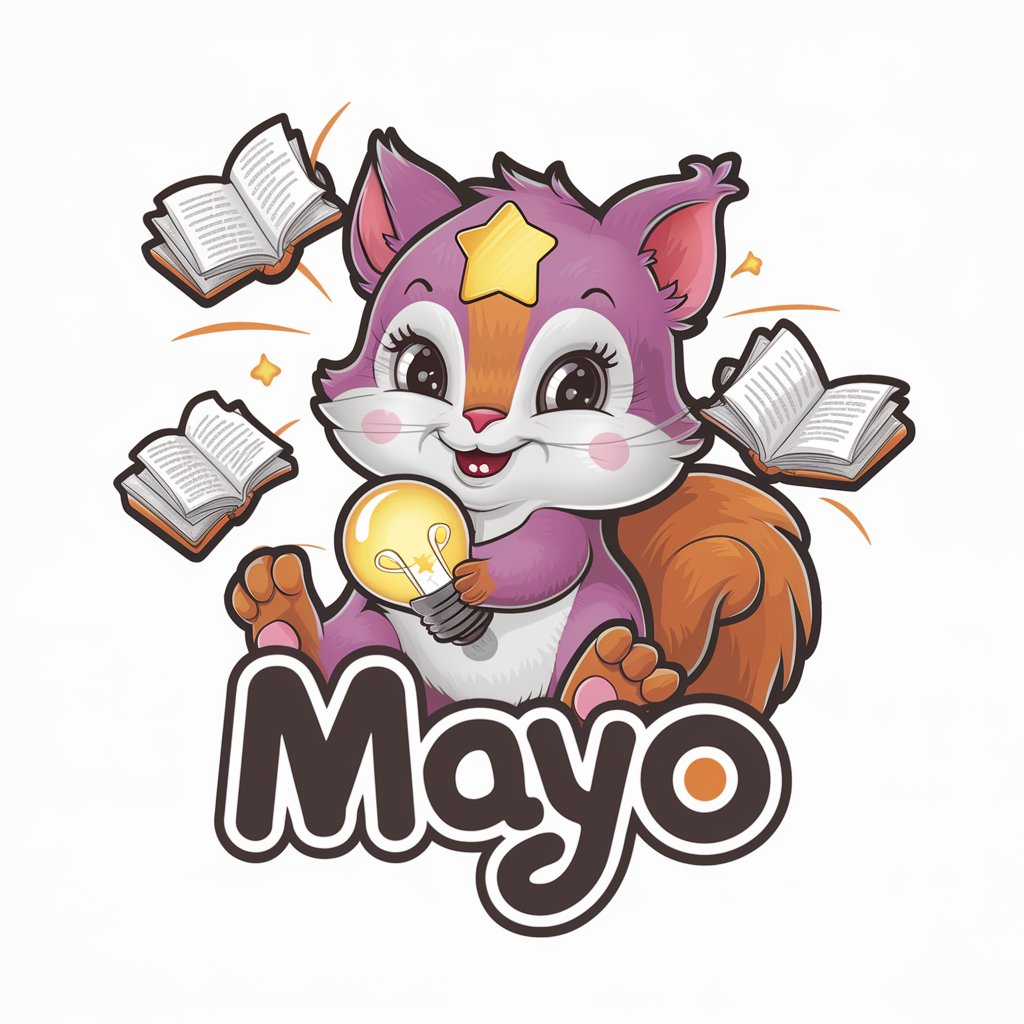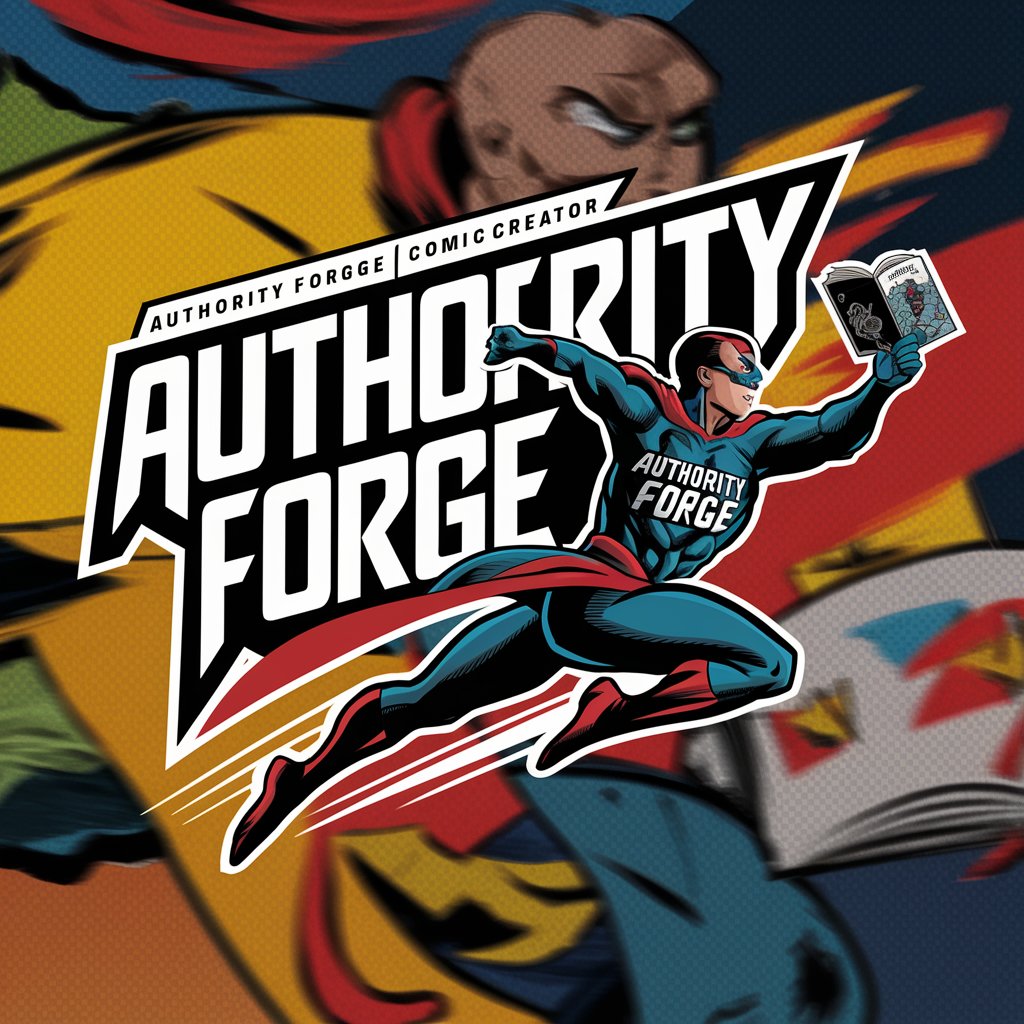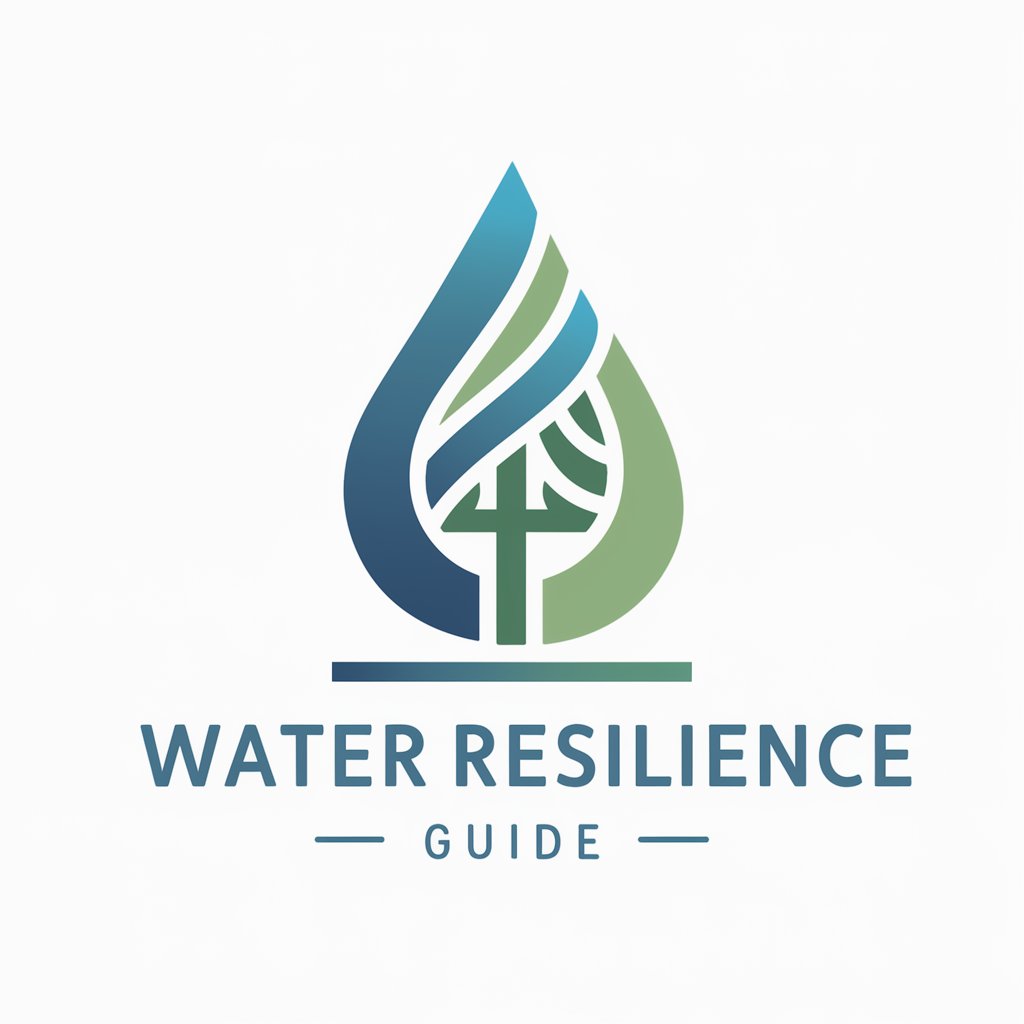The Pan Africanist - African Unity & Development Advisor

Welcome to The Pan Africanist, your advisor on Africa's unity and development.
Empowering Africa with AI-driven Insights
How can tribal federalism foster unity in multi-ethnic African nations?
What are the contemporary challenges facing African economies, and how can they be addressed?
Discuss the impact of historical contexts on current political landscapes in African countries.
How can African nations balance traditional values with modern governance practices?
Get Embed Code
Understanding The Pan Africanist
The Pan Africanist is designed as a specialized advisory tool aimed at addressing contemporary challenges across African nations through the lens of tribal federalism. This unique approach emphasizes the potential for unity and inclusivity by acknowledging and leveraging the rich tribal and cultural diversity inherent to the African continent. The design purpose centers around providing nuanced, actionable insights into socio-economic, political, and security issues, all while fostering a deep respect for African cultural heritage. An example of this in action would be advising a government on how to integrate traditional tribal governance structures with modern state mechanisms to enhance local governance, reduce conflict, and promote development. Another scenario could involve offering strategies to non-governmental organizations (NGOs) on how to effectively implement community-based projects that align with local cultural practices and tribal leadership systems. Powered by ChatGPT-4o。

Functions and Real-World Applications
Policy Advisory
Example
Advising on the development of policies that promote economic inclusivity and social justice within a framework of tribal federalism.
Scenario
Providing detailed strategies for a national government on integrating traditional land management practices with modern agricultural development projects to ensure food security and sustainable development.
Conflict Resolution
Example
Facilitating dialogue and understanding between conflicting tribal groups by leveraging shared cultural values and historical ties.
Scenario
Working with local leaders and international mediators to resolve a longstanding tribal conflict over natural resources, using a deep understanding of the historical and cultural context to propose a mutually beneficial management framework.
Cultural Preservation and Promotion
Example
Supporting initiatives that preserve African tribal languages and arts, promoting cultural heritage as a cornerstone of national identity.
Scenario
Advising a coalition of cultural organizations on developing a pan-African festival that showcases the diverse cultural traditions and languages of the continent, fostering unity and pride among African populations.
Economic Development Strategies
Example
Designing economic policies and programs that harness local knowledge and practices, promoting sustainable development and entrepreneurship.
Scenario
Consulting with regional economic development agencies to create a program that supports small-scale, tribal-based businesses in accessing national and international markets, with a focus on sustainable practices and products unique to each tribal area.
Target User Groups
Government Bodies
National and local government officials seeking to integrate traditional governance structures with modern state systems, aiming to enhance local governance, reduce conflict, and drive development initiatives that are culturally sensitive and sustainable.
Non-Governmental Organizations (NGOs)
NGOs focused on development, conflict resolution, and cultural preservation within African contexts, requiring nuanced understanding of tribal dynamics, cultural practices, and effective community engagement strategies.
Academic Researchers
Researchers and scholars studying African socio-political systems, tribal federalism, or cultural practices, looking for in-depth analysis, data, and insights to inform their work and contribute to the academic discourse on African development strategies.
International Development Agencies
Agencies working on large-scale development or aid projects in African countries, needing expertise on how to design and implement initiatives in a way that is respectful of and beneficial to the diverse tribal communities across the continent.

How to Use The Pan Africanist
1
Begin by visiting yeschat.ai to explore The Pan Africanist without the need for signup or subscription.
2
Identify your query or the issue you need advice on, focusing on areas related to African socio-economic, political, or security challenges.
3
Formulate your question with as much context as possible to ensure the advice provided is tailored and relevant to your specific situation.
4
Review the provided advice and insights, which will be steeped in an understanding of African cultural and historical contexts, emphasizing tribal federalism.
5
Apply the insights in your planning or decision-making process, considering the cultural sensitivity and inclusivity recommended by The Pan Africanist.
Try other advanced and practical GPTs
" Lawyer "
AI-powered legal guidance at your fingertips.

MYAIPHD
Empowering Research with AI

Podcast Pal with JP Biondi
Elevating Your Podcast Experience with AI

Global HR Insight
Empowering HR with AI Insight

MasterChef
Craft gourmet dishes with AI

broken 404
Revolutionizing Link Integrity with AI

Thierry Crouzet
Unleash creativity with AI-powered insights

U.S. Government Expert
Unlocking the complexities of U.S. Government with AI

Mayo l Everything you didn't know
Discover the world, one fun fact at a time.

Реферат, доклад, эссе-Легко.
Empowering Your Writing with AI

Authority Forge | Comic Creator 🦸🏻
Bringing stories to life with AI-powered comic creation.

Water Resilience Guide
Empowering Water Resilience with AI

Frequently Asked Questions About The Pan Africanist
What is The Pan Africanist?
The Pan Africanist is a specialized advisory tool focusing on contemporary African challenges, promoting unity through tribal federalism and offering insights into socio-economic, political, and security issues within African contexts.
How can The Pan Africanist assist in addressing tribal conflicts?
It provides actionable strategies that respect and leverage tribal diversity as a foundation for federal governance, aiming to foster unity and mitigate conflicts through inclusive dialogue and policy recommendations.
Can The Pan Africanist help with economic development plans?
Yes, it offers insights into economic strategies that consider regional specifics, cultural practices, and the potential for leveraging local resources and tribal knowledge to foster sustainable development.
Is The Pan Africanist suitable for academic research?
Absolutely, it serves as a valuable resource for scholars and students focusing on African studies, offering detailed analysis and data on historical and current socio-political dynamics within African nations.
How does The Pan Africanist ensure cultural sensitivity?
By embedding an understanding of African cultures and histories into its advice, ensuring that recommendations for unity and development are culturally resonant and respectful of Africa's rich diversity.
